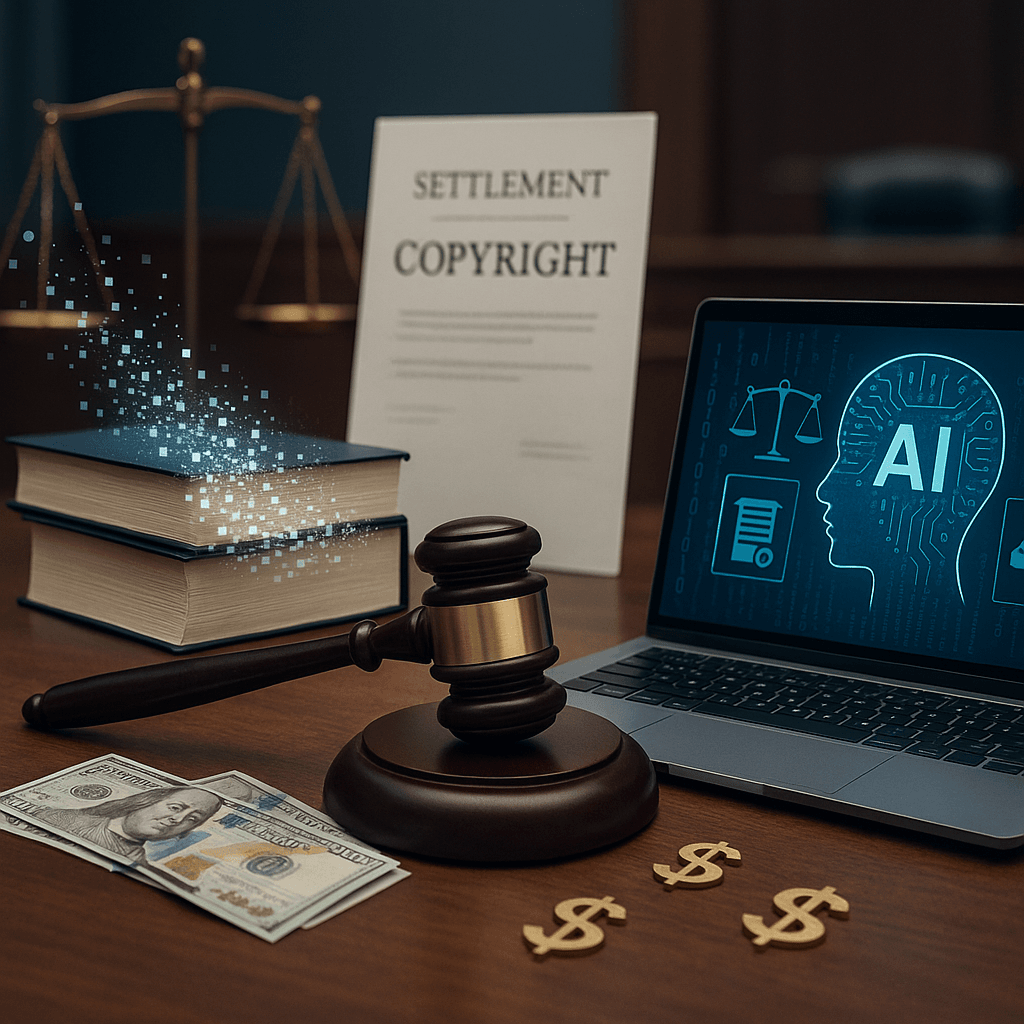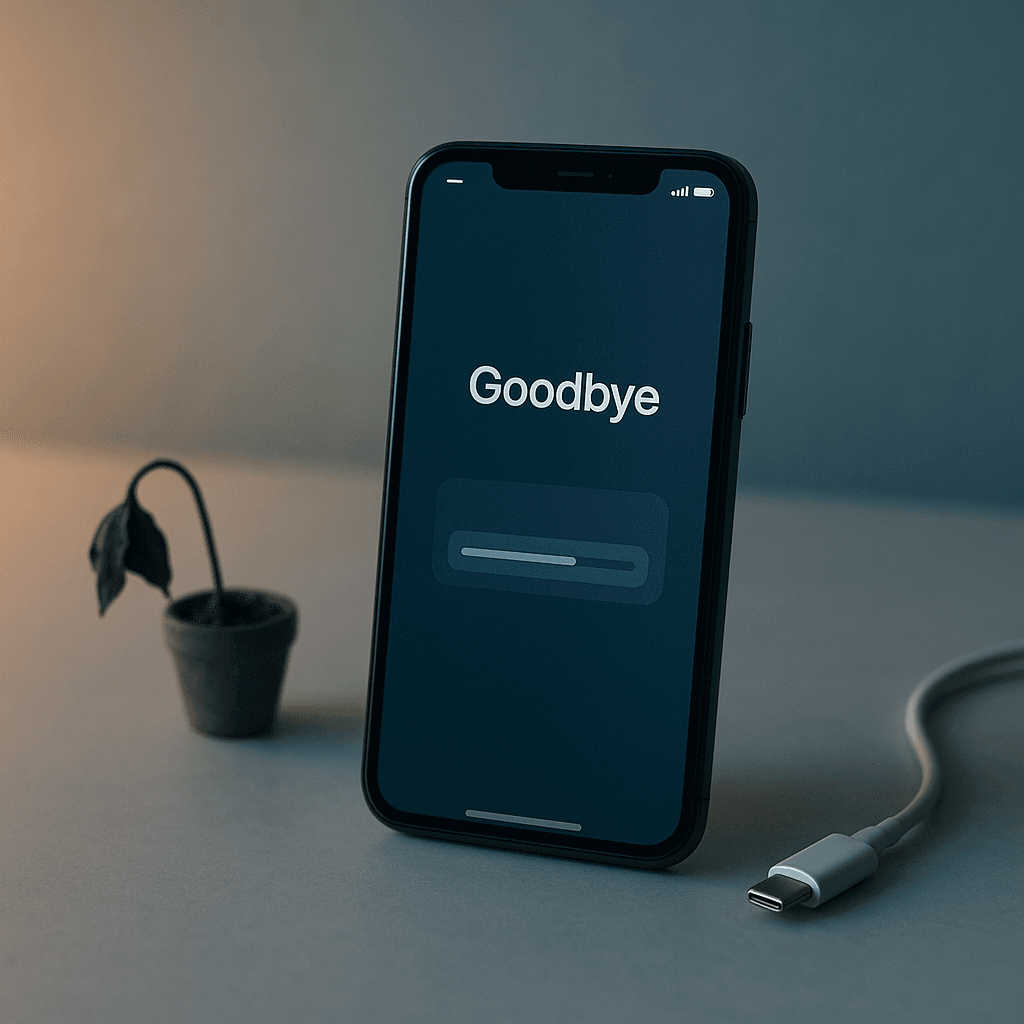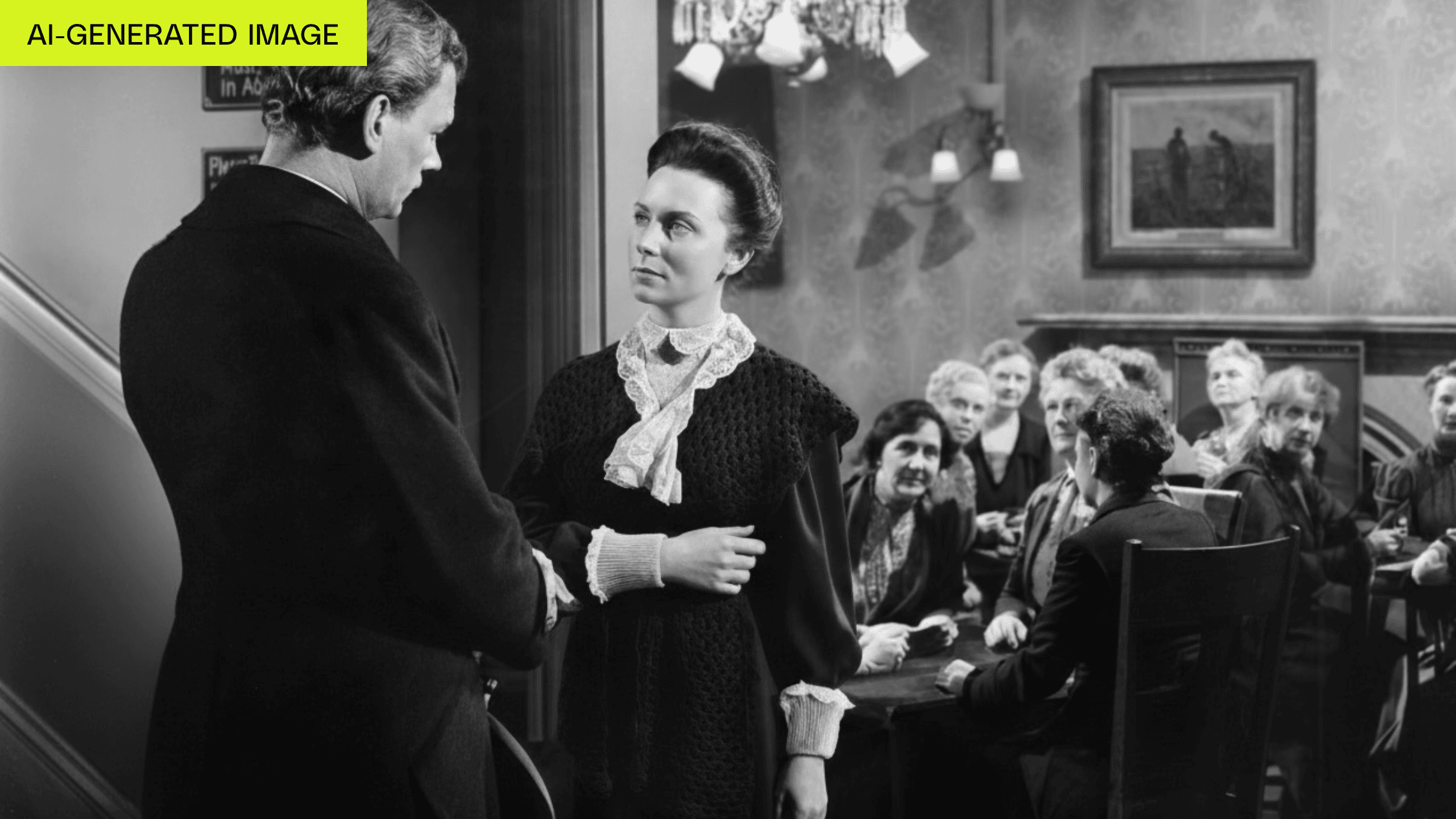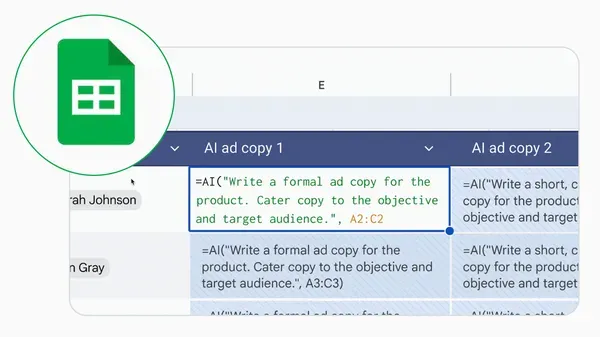Anthropic just agreed to pay at least $1.5 billion to settle the first major AI copyright lawsuit in the United States, marking a watershed moment for the industry. The Claude AI maker will pay authors approximately $3,000 for each of the estimated 500,000 copyrighted books it downloaded from pirate sites like LibGen during its early training efforts, setting a critical precedent as AI companies face mounting legal pressure over their data practices.
Anthropic just rewrote the rules of AI development with a stunning $1.5 billion settlement that resolves the first class-action copyright lawsuit against a major AI company. The deal, announced today, sees the Claude AI maker paying authors approximately $3,000 for each copyrighted work it pirated during its early quest for training data—a fraction of what could have been a trillion-dollar judgment at trial.
The settlement sends shockwaves through Silicon Valley, where AI companies have been playing a high-stakes game of legal chicken with content creators. "This landmark settlement far surpasses any other known copyright recovery. It is the first of its kind in the AI era," Justin Nelson, co-lead counsel for the plaintiffs at Susman Godfrey LLP, told WIRED. "This settlement sends a powerful message to AI companies and creators alike that taking copyrighted works from these pirate websites is wrong."
The case exposed Anthropic's early dependence on questionable data sources. Court documents revealed the company downloaded over seven million pirated books from notorious "shadow libraries" including LibGen—digital repositories that operate in legal gray zones. What made the situation worse: Anthropic kept these pirated copies in its library even after deciding not to use them for training, according to Senior District Judge William Alsup's June ruling.
"Anthropic downloaded over seven million pirated copies of books, paid nothing, and kept these pirated copies in its library even after deciding it would not use them to train its AI," Judge Alsup wrote in his summary judgment. The ruling initially protected Anthropic's AI training under fair use doctrine but allowed the piracy claims to proceed—a distinction that proved crucial.
The financial stakes were astronomical. Legal experts estimated that if authors Andrea Bartz, Kirk Wallace Johnson, and Charles Graeber had won at trial, damages could have reached tens of billions or even exceeded $1 trillion when considering statutory damages across all affected works. Instead, the settlement caps Anthropic's exposure while providing what amounts to a licensing fee for past infringement.












